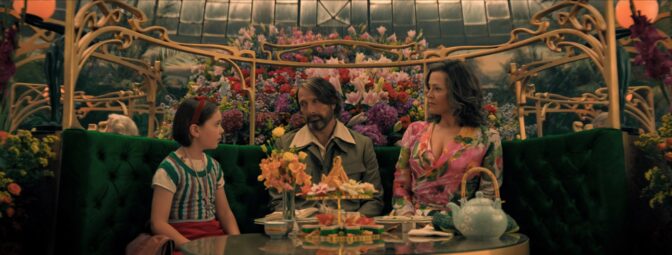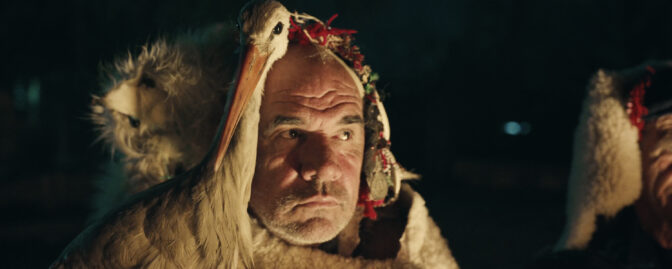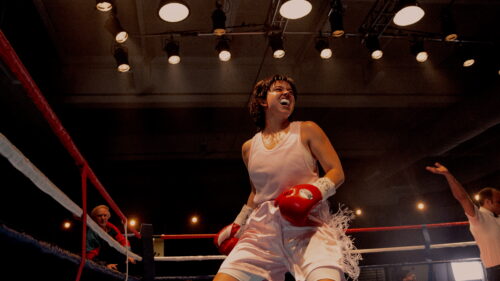Jerry Lewis is probably the only person in our universe who can get away with addressing Cannes’ all-powerful festival director, Thierry Frémaux, in front of a room full of people and calling him a putz. Famously beloved by the French and thus at home in Cannes, Lewis was honored at this year’s festival with a outdoor beach screening of “The Ladies Man,” (1961) and — more importantly — with a world premiere of the latest movie featuring him as the lead: Daniel Noah’s “Max Rose.”
The screening took place earlier today, and it was packed. Greeted by thunderous applause that far superseded those for the score’s composer Michel Legrand, the 87-year-old Lewis glanced at the red-plush seats of the theater and said: “Looks perfect for a funeral!” After Frémaux asked him if he’d like to speak before the screening, Lewis shouted a loud “No!” at him, and added the word already mentioned. The audience couldn’t stop cheering. Zh-erry, we love you!
Quite possible the most manic of all American funnymen, Lewis created a persona so grating and strange, so uninhibited and idiosyncratic, it all but begs for a Webster definition of its own. He’s certainly not for all tastes, but few people ever have managed to craft a presence so recognizable and polarizing. In “Max Rose,” Lewis turns into what Martin Scorsese’s “The King of Comedy” already proved him capable of being, which is a serious dramatic actor. His performance as the eponymous singer-songwriter, freshly widowed and uncovering dark secrets of his late wife’s past, is what anchors the movie and serves as its sole source of power.
Jokingly referred to as Jerry Lewis’s version of “Amour,” the film is a meditation on old age and bereavement that’s as much about the characters it creates as it is about the main actor it features. Lewis’s comedy always relied heavily on the uncanny agility of his body and modulation of his voice: Here, with his body visibly failing him, he’s like an artist deprived of his instruments. There are still inspired touches, as when he’s miming playing a jazz concert, or — morbidly — struggles to move up a steep staircase. But the real power of the performance lies in its stillness: in Max’ stubborn stare at his granddaughter taking care of him, as well as in his quiet resignation once he’s put into a retirement home.
The film is punctuated by shots of Max and his wife (played by the ever-radiant Claire Bloom) in loving embrace, laying on their bed and discussing the shared plight of aging. Lewis’ warmth in these scenes is quite remarkable — I cannot think of any other role of his in which positive emotions would be so effortlessly exposed (without the necessary dash of idiocy). Having said that, Lewis also goes into some really dark places in “Max Rose”, of which the most chilling is a scene in which his son begs him to say “I love you” to him — to no avail.
Less a character study than an homage to the actor playing the main role, “Max Rose” is a singular work — not really accomplished as a piece of filmmaking, but invaluable as a historical record. The narrative is suspended between the reality of mourning and the fantasy of conversing with the dead. The script has Max repeatedly interacting with his dead wife, before he meets a group of new friends in the retirement home and starts hanging out with them, smoking cigars and talking of the good old days. Once he discovers a secret his wife never shared with him, he reflects upon his feelings for her, and finds them unchanged. I never expected the star of “The Patsy” to make me choke up, but damn me if it didn’t happen tonight.












